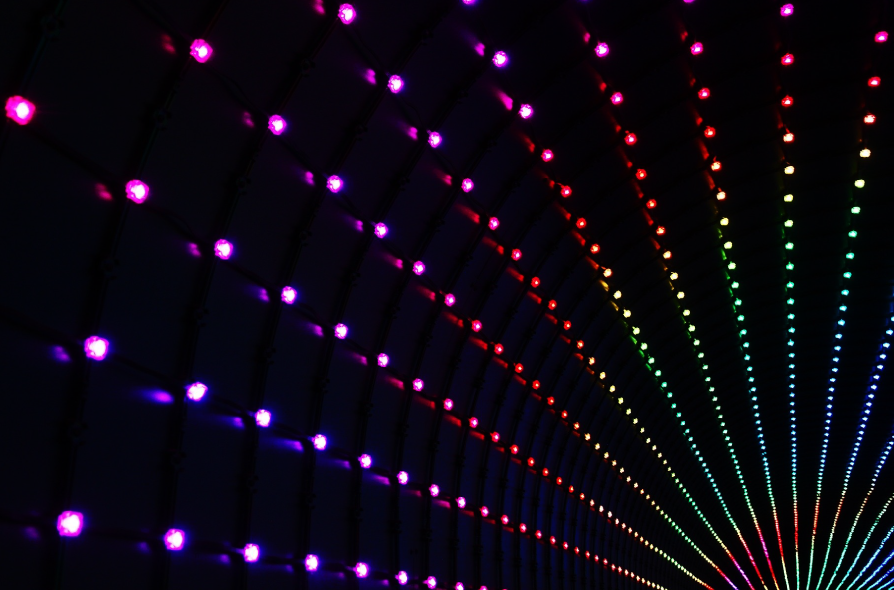31 January 2020 Reflections on the importance of the Lighting Designer

The performance of the lighting designer requires technical skills to understand the behavior of light, which involves measuring its intensity and the performance of each of the available sources. Speaking in such way, it seems to us that through mathematical formulas it is possible to outline a lighting project. However, to be a recognized lighting designer, it is necessary to go far beyond technical knowledge, and know how to apply it with a lot of creativity and aesthetics.
That is why a lighting project begins with the conceptual phase, in which issues are raised regarding the result that is intended to be achieved with the use of light in each of the environments devised; as well as characteristics and expectations of those who are hiring the service, after all, the work must meet them to the full.
Just as the furniture designer does not stick to technical aspects purely to guide him in the projectual act, the lighting designer also aims for the aesthetic results, for providing the ideal atmosphere that the good use of light allows it. It is necessary to look beyond the calculation of light per square meter, and the potential of the source in relation to its energy consumption.
What is expected of a lighting designer:
– knowledge on how light works;
– constant update on existing lighting sources;
– creativity;
– ability to assertively interpret the client’s wishes.
Use of artificial light
Through the good use of light, it is possible to define the spatial limits and to provide volumetry to the environments. Highlighting decorative elements and creating different scenarios are also qualities of a good project. Through the correct use of light, colors and contrasts are accentuated, light and shadow effects are created, or full visual acuity is given in environments marked by the need for ample lighting.
Use of natural light
Knowing how to appropriate natural light is a fundamental characteristic required of a good lighting designer. It is important to stress that no artificial light is able to replace the quality of natural lighting. Enabling its use, knowing how to work it in an intelligent way will provide savings to the project, and the ambience will be fully in tune with the synergy of everyday life. As if the environment that appropriates it is intimately linked to the whole that comprises it, benefiting from the best and the most natural that is being offered.
To better guide professionals in the performance of their skills as lighting designers, I coordinate a specialization course at the Graduate Institute IPOG entitled Master in Lighting and Design Practices, offered in all city capitals of the country.
Click here and find out how to boost your career with this valuable training.




